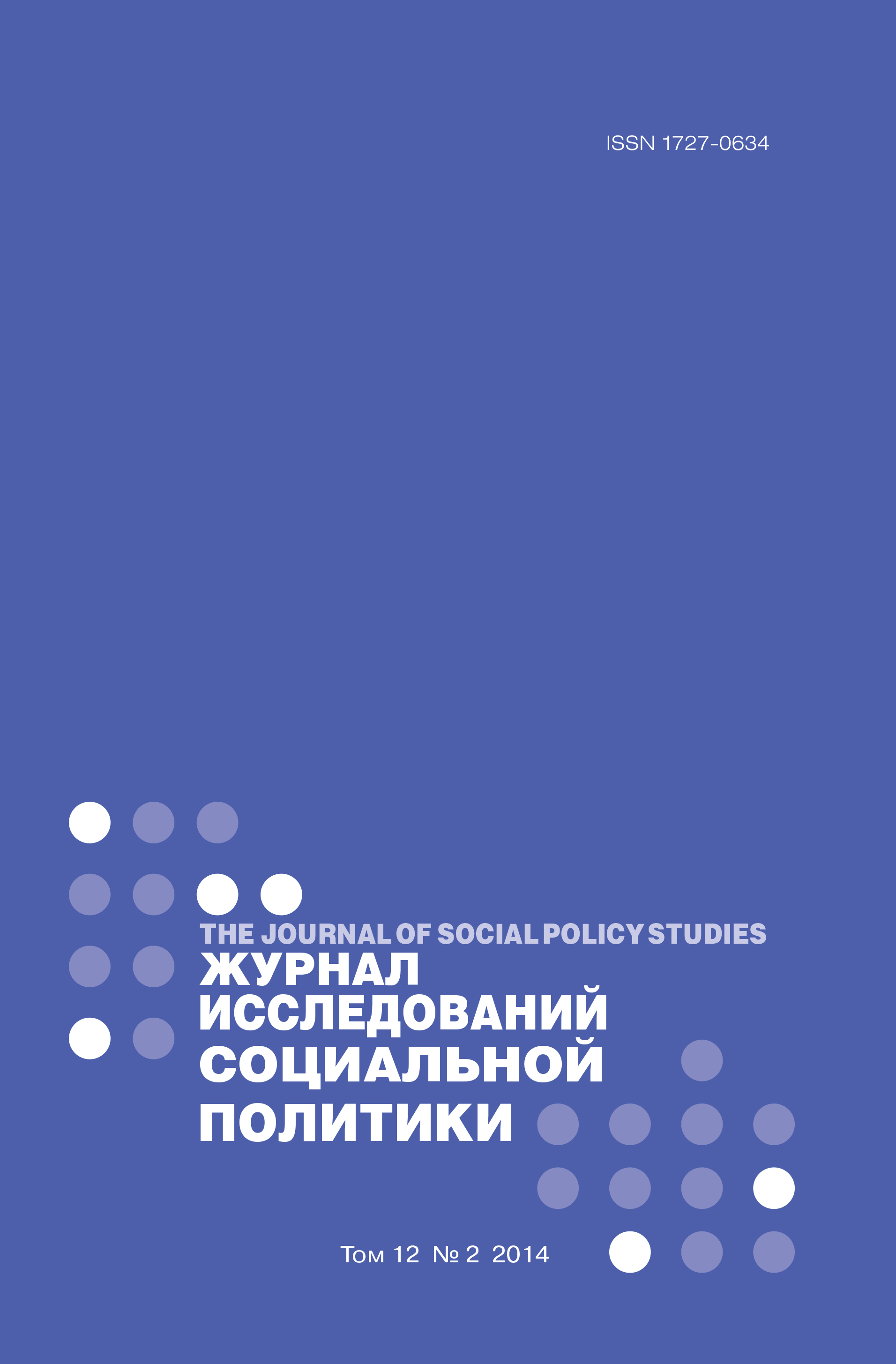Orientalising Migrants in the European Union
Abstract
European Union has managed to build one of the most expensive and rigid migration systems in the world. There is, however, disagreement on the function and purposes of this system. Some argue that immigration is a menace to "Wes-tern values", especially so in the case of non-European Muslim migrants. Others would label these discourses as "neo-orientalist" given their tendency to refer to migrants as a savage, uncivilized "other". This article reflects on how citizen-ship, following the contemporary logic of orientalism, has become a set of guidelines, discourses, practices and policies for the governance of migration. Indeed, these are the very guidelines by which neo-liberal globalization dis-ciplines the free movement of citizens and "westernised" foreign persons, de-ploying the technologies of citizenship and border control against a variety of different subjects who are regarded as eternal outsiders, or even aliens, due to their supposed high level of threat to society and their being uncivilized and very difficult to integrate. The regime of technical governance that is employed to discipline people who would wish to come to European Union or have managed to do so, shapes a number of categories of citizens. Some are full citizens, the others are part-citizens, and the rest are not citizens at all. These categories are unstable as people may move from one category to another when legal changes or economic crises can set new scenarios in motion. This catego-rization is based on unregulated legal status and difference (religion, race, ac-cent or occupation) that become important elements of identification of "true" citizens as distinct from the "Oriental" ones. The ultimate purpose of this article is to examine the following: if we are to arrive at a model of citizenship beyond orientalism, is there is a need to abandon the current policy orientations? This discourse of citizenship has already produced its practices of resistance, where new citizen subjects are born to claim redefinition of repressive migration policy mechanisms.















